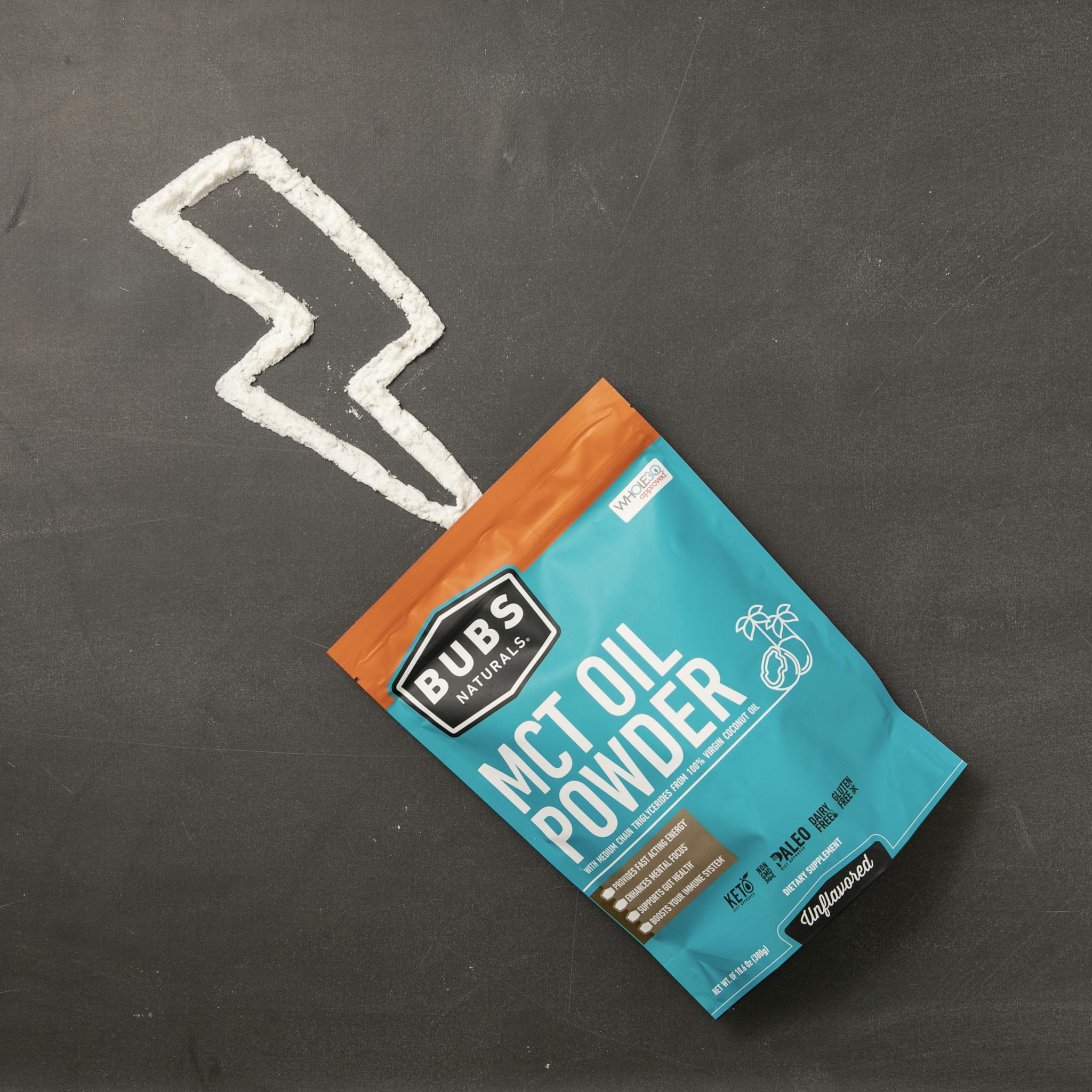
Is Coconut Oil Good for You? What Science Says
TJ Ferrara
almost 2 years ago
You can get coconut in just about anything today, from coconut milk in your lattes to coconut oil for baking and even coconut sugar while on Whole30. But just like any other trendy ingredient, coconut oil is touted as a cure all, fixing anything from dry skin to the lining of your gut. It makes sense to ask, what is it really good for? Is it even that good at all? So let’s get into what science says.
Don’t forget that coconut oil is a saturated fat
Popular influencers and brands would like us to believe that simply because an ingredient is from a plant, it is healthy, but that is not the case. Coconut oil is considered a saturated fat, like lard or butter. Around 90% of its fat content is saturated which is why it is solid at room temperature. While saturated fats can be a part of our diets, they should be consumed in moderation as they have long been associated with cardiovascular issues. The jury is out on how much saturated fat you should consume daily. The Health Department recommends that about 10% of your daily calories come from saturated fat, while the American Heart Association recommends less, at around 6%. On the other hand, a ketogenic diet recommends more–people on the keto diet generally consume 30g over the typically recommended amount. One tablespoon of coconut oil has about 12g of saturated fat. For comparison, one tablespoon of butter has 7g of saturated fat.
Try coconut oil for healthy, moisturized skin
Coconut oil smells amazing, but that’s not the only reason you should be putting it on your skin. Studies have found that it actually helps your skin retain moisture. A lack of moisture is one of the most pervasive triggers for eczema, and studies have also concluded that coconut oil is an effective remedy for this condition.
Coconut oil could be used to treat dandruff
Studies have found coconut oil to have antifungal properties, preventing the growth and development of certain fungi. Dandruff, characterized by those pesky dry flakes you find in your scalp and hair, is caused by a combination of factors including dryness and fungi. While more research needs to be done on the effectiveness of using coconut oil to treat dandruff, many people believe it helps.
Coconut pulling is an alternative to mouthwash
You may have seen videos of people practicing oil pulling, which is basically using coconut oil instead of mouthwash. A study compared the use of oil pulling to chlorhexidine mouthwash and the use of just water to reduce plaque forming bacteria in the mouth. They concluded that oil pulling is an effective alternative to chlorhexidine. One thing to keep in mind, however, is that the subjects who rinsed their mouths with coconut oil had to rinse for 10 minutes, while those using a chlorhexidine mouthwash only rinsed for one minute. Another study found that coconut oil was useful in reducing the effects of gingivitis.
Coconut oil for bad breath
More good news for people who oil pull: studies have found that oil pulling is effective for treating halitosis, also known as bad breath. While more research should be done to prove its effectiveness, the fact that it reduces oral bacteria makes it promising.
Coco nut oil impacts waist size and cholesterol
A 2009 study of 40 women found that coconut oil could have contributed to a smaller waist. All the participants followed a low calorie diet with 50 minutes of walking per day. Half the group consumed 10mL of coconut oil with a meal three times a day while the other group consumed 10mL of soybean oil. At the end of the 12 weeks, both groups lost weight, but the group consuming coconut oil had a greater decrease in waist circumference while the group consuming soybean oil actually saw an increase. The women who consumed the coconut oil also had better cholesterol than the group consuming soybean oil.
Break the chain with medium chain triglycerides
Many studies that “prove” the benefits of coconut oil don’t actually look at the coconut oil you buy in a jar. Instead, these studies focus on MCT oils that are derived from coconuts. Saturated fats come in different lengths: long, medium, and short. Medium chain triglycerides, or MCTs for short, are the fats known for their health benefits and are found in coconuts. Pure MCT oil is 100% medium chain triglycerides while coconut oil itself is only about 65% MCT. The benefits of coconut oil and MCT oil are not the same. While MCT oil is derived from coconuts, pure MCT is metabolized faster than the lauric acid found in the coconut oil you’ll find at the store. Bottom line here: if you are looking for those metabolic properties, stick with a great MCT oil.
Go nuts for coconuts
While coconut oil isn’t a cure all, it might be worth having a jar on hand. And if you’re ready to experience the effects of MCT oil, check out BUBS Naturals MCT. Our MCT oil is friendly for most diets, including vegan, keto and Whole30. Maximize its benefits by mixing it in your coffee with collagen that supports healthy skin and hair.